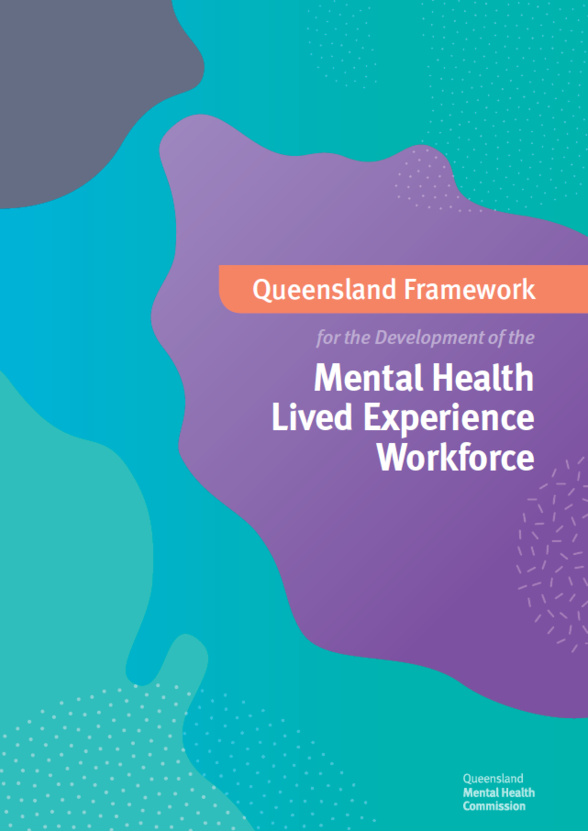A toolkit for embedding people with lived experience of mental health challenges into public, private and NGO workplaces has been launched today in Brisbane.
The suite of Mental Health Lived Experience Workforce framework documents provides practical advice and resources for any organisation employing or looking to employ lived experience staff.
It was developed by RMIT University researchers led by lived experience academic Dr Louise Byrne and funded by the Queensland Mental Health Commission.
Queensland Mental Health Commissioner Mr Ivan Frkovic said the framework represented a comprehensive guide to harnessing the knowledge of employees who had experience of mental ill-health.
“People with personal experience of mental health challenges and the ways our systems respond to them offer unique insight and are well-placed to support those working in and using mental health services,” Mr Frkovic said.
He said the new framework was designed to be flexible and transferable, so it could be adapted across a range of workplaces.
“For example, Queensland Health has harnessed the key concepts and adapted them to suit the public mental health sector.
“Lived experience workers have a vital role in mental health, but there is also great potential for them to contribute to other organisations across the public and private sector.”
“Lived experience workers provide a unique perspective to support people on their recovery journey,” Mr Frkovic said.
“They provide an example of hope and evidence that recovery is possible, along with practical assistance and a person-centred approach that complements the clinical approach of other members of the team.”
Dr Byrne said the framework provided practical guidance for organisations to employ, train, supervise and support staff in dedicated lived experience roles.
Her team identified three main pillars for an effective lived experience workforce:
- All levels of the organisation need to be exposed to lived experience staff and concepts to understand how they work and the value they add.
- Genuine commitment is needed at all levels of the organisation. Tokenistic roles do not succeed.
- Practical action is necessary to prepare the workforce; address workplace readiness through training and championing of lived experience roles at all levels of the organisation; and employ lived experience roles at a range of levels across the organisation to help embed perspectives and increase impact.
“We are seeing an increase in the number of people employed for their lived experience, but there may not be sufficient understanding in organisations about the roles they are able to fill and the value they bring to the organisation, beyond empathy with clients,” Dr Byrne said.
“This can result in poor support structures or planning around the roles, with the risk that lived experience workers might not be fulfilling their potential.
“While this framework has a focus on mental health services, there are high levels of transferability beyond the mental health sector and we hope it’s adopted widely across industries.”
Dr Byrne said lived experience employees had the greatest impact when upper management made a long-term commitment to the roles.
“Unfortunately, many organisations are lacking confidence when employing lived experience staff, resulting in reduced impact.
“We hope resources like the framework will change both perceptions and practices.”
Mr Frkovic said he was confident the framework would help ensure people in lived experience roles could make invaluable contributions in the mental health workforce and more broadly.
The Lived Experience Workforce Framework is available here
ENDS
Media: Queensland Mental Health Commission Communication and Engagement Director Carolyn Varley, 0477 385 121.

